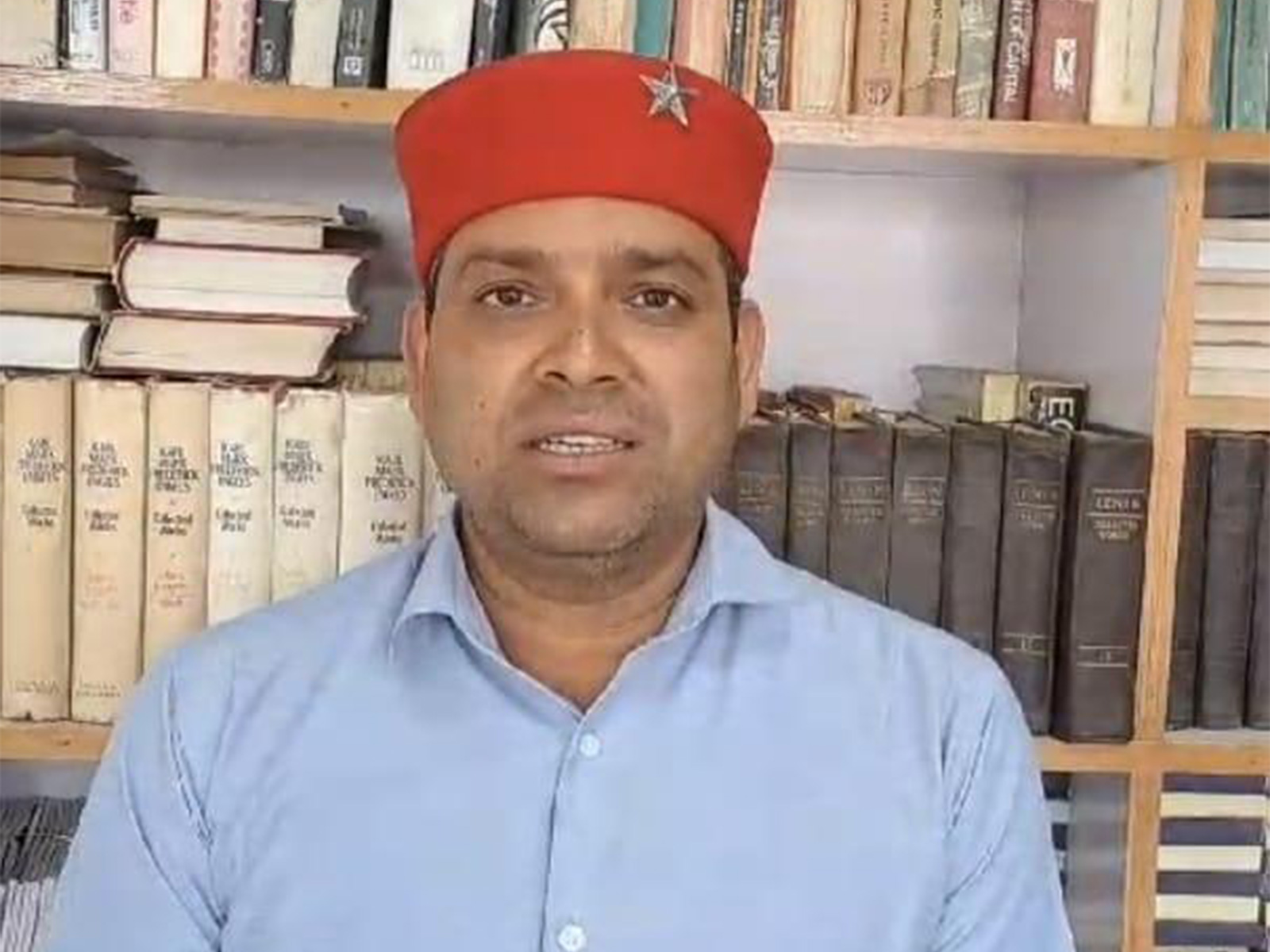Washington [US], September 30 (ANI): Researchers at Case Western Reserve University will investigate the possibility that specific brain proteins are involved in the onset of Alzheimer’s disease.
Alzheimer’s disease is a neurological condition that gradually impairs thinking and memory abilities. Nearly 7 million Americans 65 and older have Alzheimer’s disease, and the condition claims more lives than breast and prostate cancer combined. This information comes from the Alzheimer’s Association.
Evidence from earlier studies suggests that Alzheimer’s disease starts when the blood-brain barrier (BBB), which protects the brain, decreases. Due to this weakening, toxic substances may be able to enter the brain and cause Alzheimer’s to develop.
The NIH-backed study will examine the potential function of epitope (Eph) receptors in Alzheimer’s disease. Eph receptors are proteins initially investigated by Bing-Cheng Wang, a professor of pharmacology at Case Western Reserve’s School of Medicine, for their role in brain development and cancer. They mediate various cell-to-cell interactions.
These proteins, according to Matthias Buck, a professor of physiology and biophysics at the School of Medicine, and his colleagues, may be involved in the BBB’s disintegration, which is crucial for protecting the brain from damage during strokes and the early stages of Alzheimer’s disease. The new study expands on Buck’s 15 years of Eph research.
Working with Buck’s lab, which is studying a part of the Eph receptor protein using advanced imaging and computational techniques, researchers from Texas Tech University and the University of Tennessee will study how this protein behaves in living cells. And scientists at Memorial Sloan Kettering Cancer Center are using crystallography to understand the protein’s structure.
“Alzheimer’s is very complex, which is why this project requires a collaboration of special skills,” Buck said. “Since some infectious agents can pass through the blood-brain barrier and Eph receptors are helpful, we plan to enlist the assistance of more local and national partners as this research gains momentum. We anticipate this research will result in discoveries that will one day make it possible to treat an illness that impacts millions of people worldwide.” (ANI)
Disclaimer: This story is auto-generated from a syndicated feed of ANI; only the image & headline may have been reworked by News Services Division of World News Network Inc Ltd and Palghar News and Pune News and World News
HINDI, MARATHI, GUJARATI, TAMIL, TELUGU, BENGALI, KANNADA, ORIYA, PUNJABI, URDU, MALAYALAM
For more details and packages
















